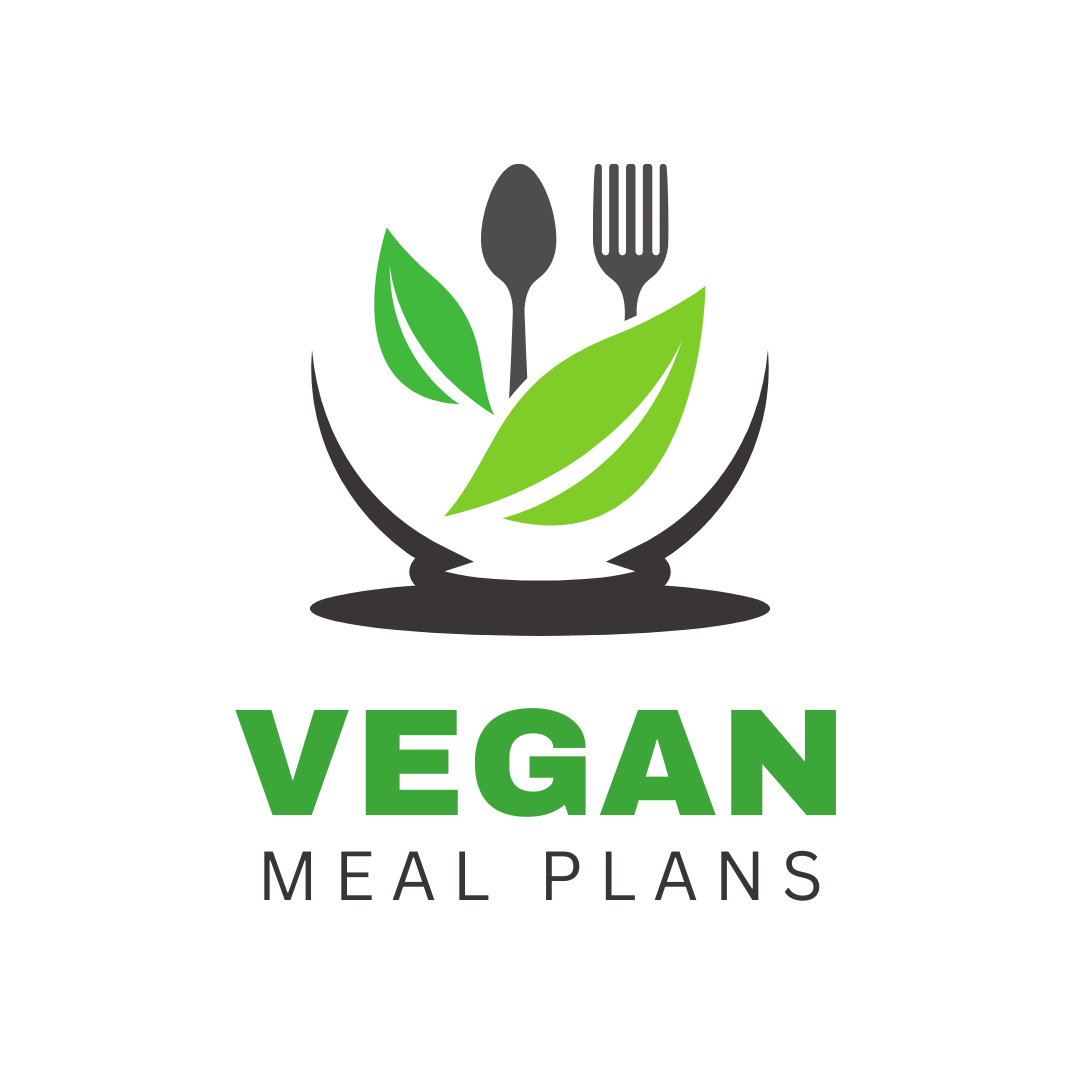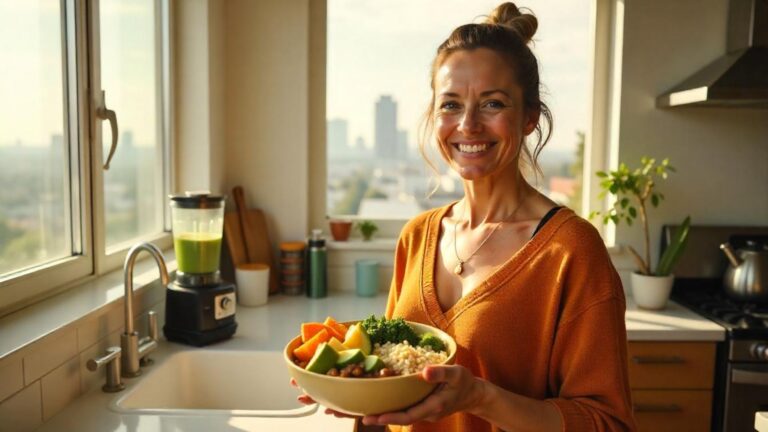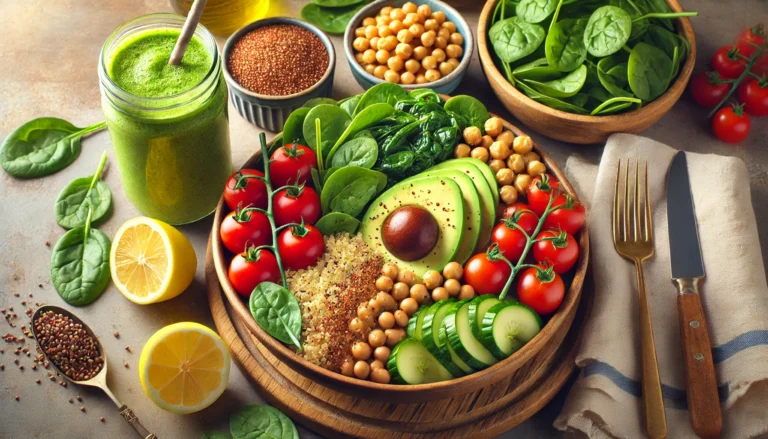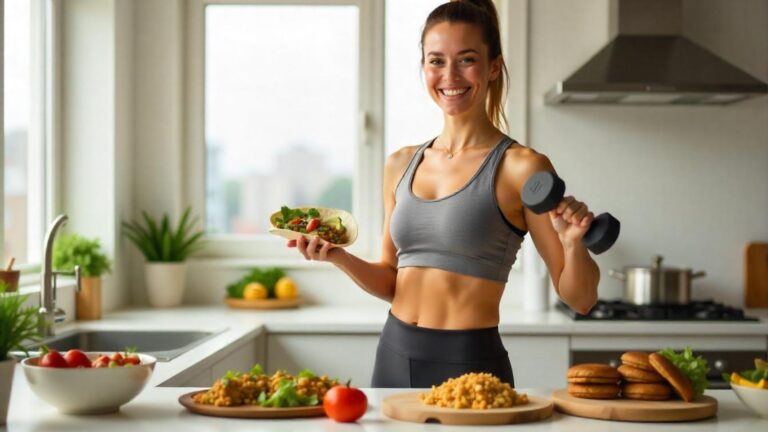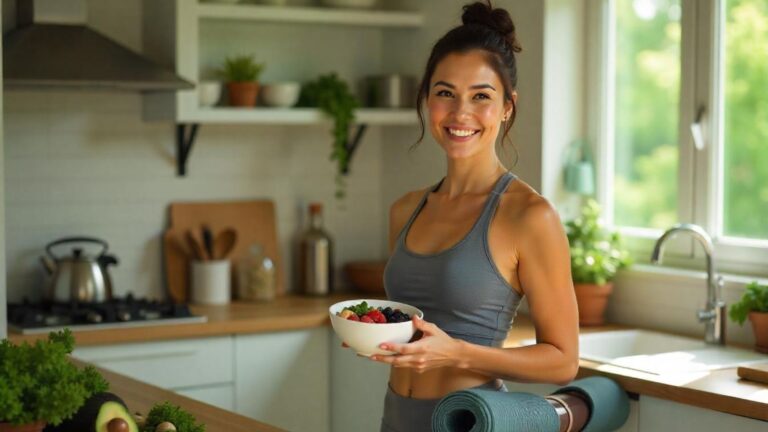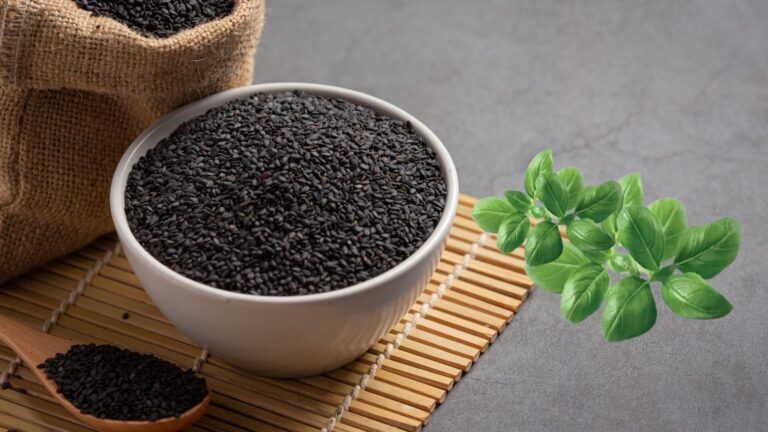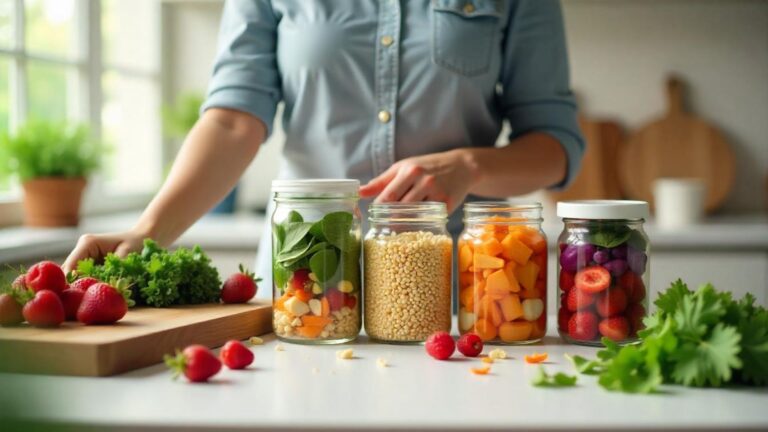Calories vs. Nutrients: What Matters Most for Vegan Weight Loss?
Confused about calories vs. nutrients on a vegan diet? Discover what truly drives sustainable fat loss after 35, plus practical tips, food lists, and expert-approved meal plans.
I thought that becoming vegan would lead to weight loss. So I became vegan. But it did not happen that I lost weight. Will consuming fewer calories reduce my weight or should I eat better food?
Are you a busy adult and want to lose weight on a vegan diet? This is a confusing question and you must have faced it.
Some people believe that weight loss is a numbers game in which we can easily reduce that number. That is, the less calories we take, the more we can reduce.
But nutritionists do not believe this at all. They believe that it is the quality of food that matters the most in weight loss.
So is this true?
We have written this article to clear this confusion. In this article you will see how you can reduce your weight by maintaining a balance between calories and nutrients. That too in a completely healthy way.
You will neither have to take any stress nor will you have to compromise with your health.
What Are Calories and Nutrients in a Vegan Diet?
Before we discuss weight loss, let’s understand the basics
Calories: Calories provide a lot of energy to your body. Whether you are running after shopping or resting after sweating it out at the gym, your body always needs calories. This is because your body burns calories all the time to function properly.
Nutrients: On the other hand, nutritionists talk about nutrients. In fact, nutrients are essential elements for your body. They help in repairing your body. They help in growing your body and keeping it healthy. These include:
- Macronutrients (carbohydrates, protein, and fat)
- Micronutrients (vitamins, minerals, antioxidants)
Both calories and nutrients are important for weight loss. Calorie deficit is important for weight loss. But how good or bad your body feels during this process is decided by these nutrients.
That’s why effective plans, such as high-protein vegan meal plans, focus on delivering the right balance of both.
Why Calories Still Matter—Even on a Vegan Diet
Vegan diet also provides your body with required calories in adequate amount. This is why your body has an adequate amount of calories. If you want to lose weight then you have to burn as many calories as you consume.
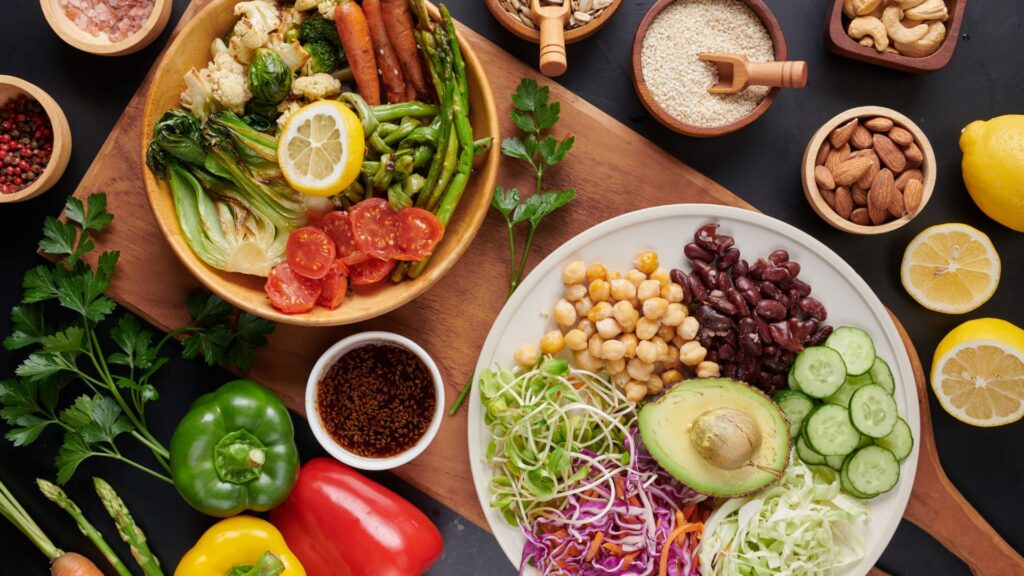
And this is called calorie deficit. If there is a calorie surplus in your body, then your body will not lose fat.
The reason for this is that plant based food is rich in calories and for losing weight you should not let there be a calorie surplus along with a plant based diet.
But there are many such food items which we call calorie dense vegan food. For example nut butters, dried fruits.
You can eat too much of these food items and you will not even realize how much you have eaten. And this also leads to overeating unknowingly. So whenever you eat, keep these things in mind.
If you are a man or woman of 35 plus and you want to balance work, family, and fitness goals then this becomes even more important for you. That’s where tools like our 7-day vegan meal prep plan can help bring clarity and structure.
Why Nutrients Drive Sustainable Vegan Fat Loss
If you are thinking about vegan weight loss then calorie deficit comes first, because this is what starts the weight loss. But how will you maintain it? For this you need nutrients. And they do the work of maintaining it.
If you are eating nutrient rich meals then it helps you to reduce these cravings. This keeps your hormones balanced and also prevents fatigue. Therefore, according to nutritionists nutrients are very important for long term results.
For example, if you include whole plant foods like lentils, leafy greens, and chia seeds in your diet, it will be very satisfying for you. It has other benefits as well such as it supports your metabolism and digestion.
Easy vegan chia seed recipes are a very delicious and great start to creatively add these foods to your routine.
Calories vs. Nutrients: A Balanced Vegan Weight Loss Approach
While it’s tempting to focus solely on cutting calories or obsessing over nutrients, the best results come from balancing both.
Do you think that just cutting calories and obsessing over nutrients will meet your goal? Yes, you do believe that you should cut calories and obsess over nutrients.
But this may not help you achieve your goal because the best results are achieved only when there is a proper balance of both.
Let’s compare:

If you are over 35 and want to maintain balance, vegan weight loss meal and fitness plans are designed with real-world routines in mind.
Nutrient-Dense Vegan Foods to Prioritize
To make every calorie count, load your meals with:
- Legumes: lentils, chickpeas, and black beans
- Leafy greens: spinach, kale, arugula
- Healthy fats: chia seeds, flaxseeds, walnuts
- Protein-rich foods: tofu, tempeh, seitan
- Low-GI carbs: quinoa, oats, sweet potatoes
These are valuable choices when you’re trying to burn stubborn fat. For a deeper dive, check out our roundup of the best fat-burning vegan foods and superfoods have great details you need to further deep dive.
If belly fat is your main concern, this science-backed belly fat guide may answer all your questions.
Tips for Managing a Vegan Calorie Deficit Without Feeling Starved
Here’s how to create a calorie deficit without sacrificing fullness:
- Use high-volume foods like leafy greens, cauliflower rice, and veggie soups.
- Add protein and fiber to every meal.
- Avoid liquid calories—skip the sugar-laden smoothies.
- Batch cook satisfying meals to keep healthy options ready-to-go. (Here’s our 7-day vegan meal prep guide).
- Snack smarter with dips and spreads made from whole ingredients. If you’re looking for a creamy, plant-based condiment, try our eggless vegan mayo recipe.
These swaps make a huge difference in both satisfaction and calorie control.
How to Balance Calories and Nutrients on a Vegan Diet
You don’t need to pick one. You just need a strategy.
1. Track Occasionally—Not Obsessively
Use Cronometer or MyFitnessPal to get a feel for your intake. Then shift to portion awareness and mindful eating.
- Don’t go below 1,200–1,400 calories unless advised.
- Watch out for “liquid calories” (smoothies, lattes, juice).
2. Build a Plate Like This:
- ½ Plate Veggies: steamed, roasted, or raw
- ¼ Plate Protein: lentils, tofu, tempeh, seitan
- ¼ Plate Starch: brown rice, quinoa, sweet potato
Healthy Fat:
- 1 tbsp olive oil, tahini, avocado
- Choose Volume Over Density
Focus on high-volume, low-calorie foods that fill you up:
- Zucchini noodles over pasta
- Chia pudding over energy bars
- Stir-fries over fried foods
Beyond the Scale: Nutrients Reduce Cravings & Emotional Eating
Nutrient-dense foods naturally regulate your hunger hormones like ghrelin and leptin. That means fewer cravings and better portion control, without strict calorie counting.
Low-nutrient vegan diets, on the other hand, often lead to:
- Binge eating episodes
- Energy crashes
- Mood swings
- “Hangry” snacking
This is why people say: “I eat all day but still feel hungry!” Nutrient-poor foods don’t satisfy.
Why Nutrients Are the Real Secret to Sustainable Fat Loss
While calories create the weight loss, nutrients determine the quality of that weight loss.
Nutrient-Dense Foods Keep You Full
Foods high in fiber, protein, and water content help regulate appetite and prevent overeating. Think:
- Lentils
- Leafy greens
- Chickpeas
- Sweet potatoes
- Chia seeds
These foods deliver a lot of nutrients for relatively few calories.
Nutrients Regulate Your Hormones and Metabolism
Deficiencies in B12, iron, omega-3s, or iodine can make you feel tired, foggy, or moody. Worse? They slow your metabolism, making weight loss even harder.
That’s why nutrient density isn’t optional. It’s essential.
FAQs: Vegan Weight Loss and Nutrient Balance
Can I eat unlimited plant-based food and still lose weight?
No. While whole foods are healthier, portion control is still key.
How can I boost my metabolism after 35 on a vegan diet?
Learn how smart planning can help in solving slow metabolism with vegan meal plans.
Can I gain muscle and lose fat on a vegan diet?
Yes. Find out how in our guide on muscle gain and fat loss for vegans.
What about intermittent fasting for vegan fat loss?
Explore vegan intermittent fasting strategies after 35 to see if they’re right for you.
Final Thoughts: Focus on Nutrients for Lasting Vegan Fat Loss
In the debate of calories vs. nutrients for vegan weight loss, the truth is: you need both.
- Calories help set your weight trajectory.
- Nutrients support your health, hormones, and hunger control.
Whether you’re looking to shed belly fat, gain muscle, or just feel lighter and healthier, combining both gives you the power to transform your lifestyle.
Sources & References:
- Harvard T.H. Chan School of Public Health – Nutrition Source
- National Institutes of Health – Micronutrient Data
- Academy of Nutrition and Dietetics – Position on Vegetarian Diets (2021)
- Dietitian-approved databases: Cronometer, MyFitnessPal
- Peer-reviewed studies on calorie restriction, satiety, and plant-based diets (PubMed)
